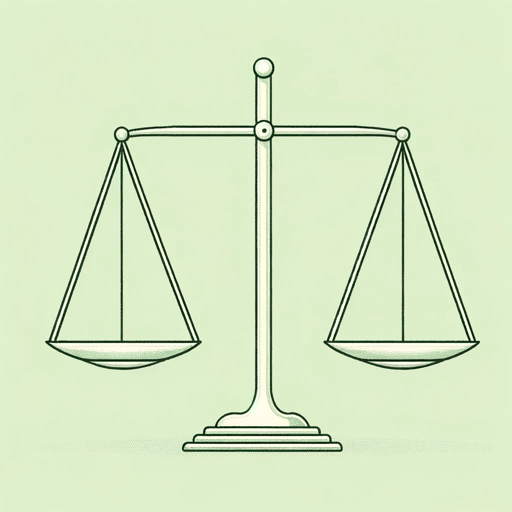48 pages • 1 hour read
Richard H. Thaler, Cass R. SunsteinNudge: Improving Decisions About Health, Wealth, and Happiness
Nonfiction | Book | Adult | Published in 2008A modern alternative to SparkNotes and CliffsNotes, SuperSummary offers high-quality Study Guides with detailed chapter summaries and analysis of major themes, characters, and more.
Themes
Humans vs Econs
The authors argue that humans have two modes of thinking: the Automatic System and the Reflective System. As Thaler and Sunstein see it, the classical economic models that rely on rational decision-makers in the marketplace assume that humans only have one mode of thinking: the Reflective System. While the “Econs” of these models might think in logical, deductive, and self-interested terms, humans very often do not. This makes these models useless for real-world applications. Instead, economic models should be based on how real humans purchase, act, and choose based on impulse, intuition, and so on. Better economic policy would pay attention to empirical data derived from behavioral science and psychology. It would be well served if it abandoned the use of the “Econ.” They write:
In accordance with our definition, nudges include interventions that significantly alter the behavior of Humans, even though they would be ignored by Econs. Econs respond primarily to incentives. If government taxes candy, Econs will buy less candy, but they are not influenced by such ‘irrelevant’ factors as the order in which options are displayed. Humans respond to incentives too, but they are also influenced by nudges (12).
Human beings are both more complicated and less rational than Econs.


